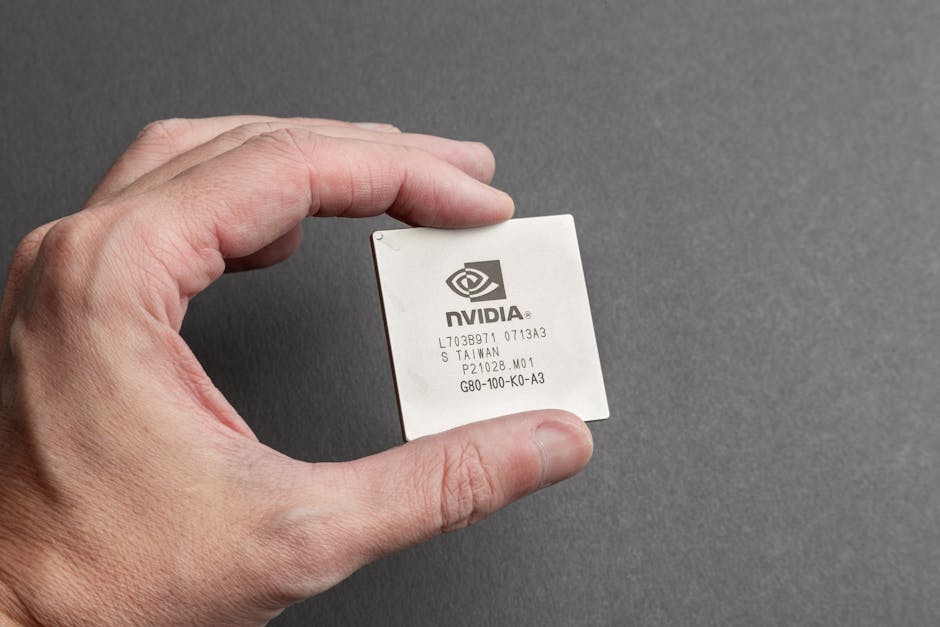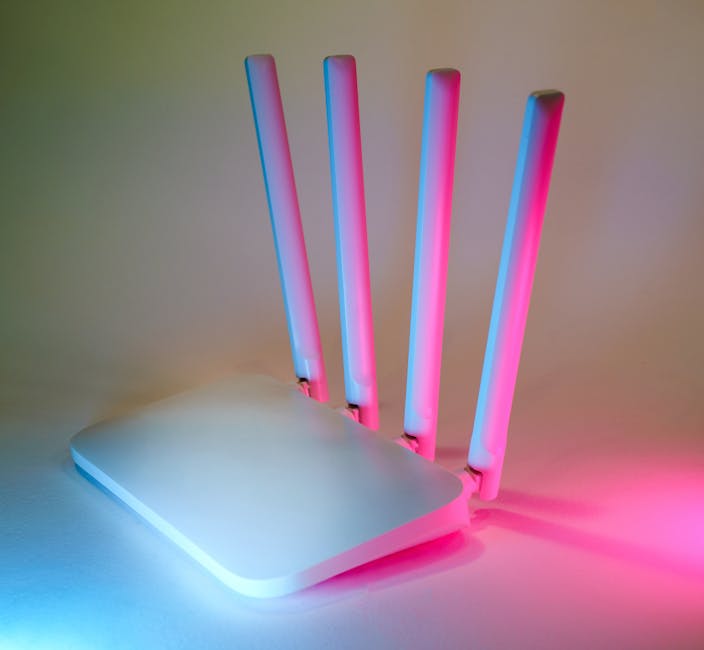In the rapidly evolving world of artificial intelligence (AI), one name stands tall as the undisputed kingmaker: Jensen Huang, the co-founder and CEO of Nvidia. Known for his visionary leadership and relentless drive, Huang has transformed Nvidia from a graphics card company into the backbone of the AI revolution. But his influence doesn’t stop there. Recent reports suggest that even tech behemoths like Google and Amazon feel compelled to keep Huang in the loop about their in-house AI chip developments—apparently because Huang doesn’t like surprises.
This revelation underscores the unparalleled power Nvidia wields in the AI ecosystem. For years, the company’s GPUs (graphics processing units) have been the gold standard for training AI models, powering everything from OpenAI’s ChatGPT to Tesla’s autonomous driving systems. But as the demand for AI chips skyrockets, tech giants have started developing their own custom chips to reduce reliance on Nvidia. Yet, even as they pursue this path, they seem to tread carefully around Huang, signaling his dominant position in the industry.
The AI Chip Race: Nvidia vs. the World
The AI chip market is fiercely competitive, with companies like Google, Amazon, Microsoft, and Tesla investing billions in designing their own hardware. Google’s Tensor Processing Units (TPUs) and Amazon’s Trainium and Inferentia chips are prime examples of this trend. These custom chips are tailored to specific workloads, offering potential cost savings and performance improvements over Nvidia’s general-purpose GPUs.
However, Nvidia remains the undisputed leader, controlling an estimated 80% of the AI chip market. Its CUDA software platform, which allows developers to harness the full power of its GPUs, has become the industry standard. This dominance has made Huang a central figure in the AI world, with companies reportedly informing him of their chip development plans—a move that highlights both respect and caution.
Why Huang Hates Surprises
Jensen Huang’s aversion to surprises isn’t just a quirk; it’s a strategic necessity. In a market as fast-moving and competitive as AI, staying ahead of the curve is critical. By keeping tabs on competitors’ moves, Huang can anticipate market shifts and adjust Nvidia’s strategy accordingly. This proactive approach has been a hallmark of his leadership, enabling Nvidia to maintain its edge even as rivals close in.
Moreover, Huang’s influence extends beyond hardware. Nvidia’s software ecosystem, including its AI frameworks and developer tools, is a key differentiator. By staying informed about competitors’ chip designs, Huang can ensure that Nvidia’s software remains compatible with—or superior to—alternative solutions. This dual focus on hardware and software has cemented Nvidia’s position as the go-to provider for AI infrastructure.
The Emperor of AI?
The term “Emperor Jensen” might sound hyperbolic, but it captures the essence of Huang’s role in the AI industry. His leadership has not only shaped Nvidia’s trajectory but also influenced the broader direction of AI development. From data centers to autonomous vehicles, Nvidia’s technology underpins some of the most transformative innovations of our time.
However, Huang’s dominance isn’t without challenges. The rise of custom AI chips poses a significant threat to Nvidia’s market share. Additionally, geopolitical tensions and supply chain disruptions have added complexity to the semiconductor industry. Yet, if history is any indication, Huang is more than capable of navigating these obstacles.
Looking Ahead
As the AI revolution accelerates, Jensen Huang’s role as a central figure in the industry is unlikely to diminish. His ability to anticipate and adapt to changes has made Nvidia a linchpin of the AI ecosystem. And while competitors may chip away at Nvidia’s dominance, they’ll likely continue to keep Huang informed—if only to avoid catching him off guard.
In the end, the story of Jensen Huang and Nvidia is a testament to the power of vision, innovation, and strategic foresight. Whether or not he’s crowned the “Emperor of AI,” one thing is clear: Huang’s influence on the industry is unparalleled, and his legacy will shape the future of technology for years to come.




